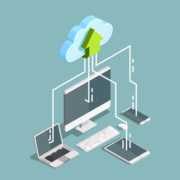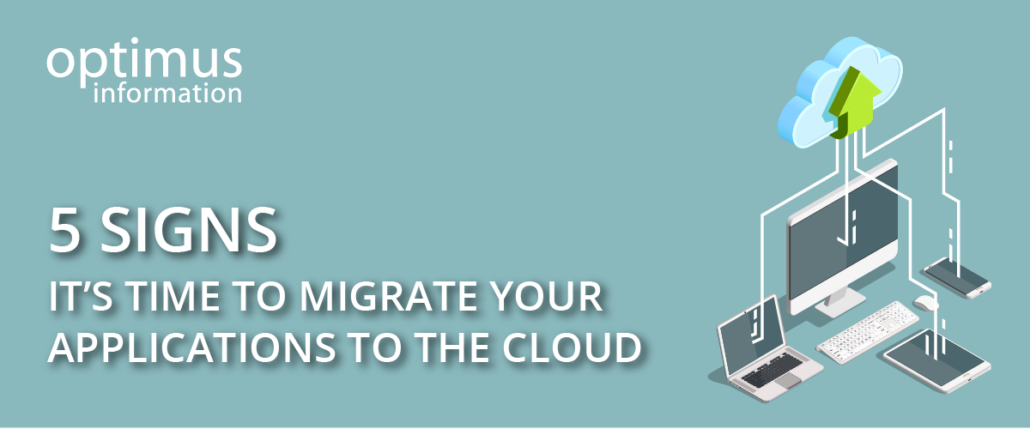5 Signs It’s Time to Migrate Your Applications to the Cloud
The cloud has revolutionized how businesses operate. Cloud computing offers a robust, scalable, and cost-effective way to store and access data and applications. Gone are the days of bulky servers and software licenses; the cloud provides on-demand resources that adapt to your needs. But how do you know if it’s time for your business to make the leap and migrate your applications to the cloud? Here are 5 signs that point towards a cloud-based future:
1. Struggling with Scalability:
Imagine this: your business is booming, but your on-premise infrastructure can’t keep up. Scaling up with traditional methods involves buying more hardware and software, a costly and time-consuming process. Cloud computing offers a solution. With cloud-based applications, you can easily add or remove resources as needed. Need more processing power for a busy season? No problem! The cloud scales elastically, allowing you to adapt to changing demands without breaking the bank. For instance, a clothing retailer saw a surge in online orders during the holidays. By migrating their e-commerce platform to the cloud, they were able to seamlessly scale their infrastructure to handle the increased traffic, resulting in a significant boost in sales.
2. High Maintenance Costs and Outdated Infrastructure:
Maintaining legacy hardware and software can be a financial drain. Constant patching, updates, and hardware upgrades not only require money but also consume valuable IT resources. Cloud computing eliminates these burdens. You don’t need to invest in expensive hardware upfront; instead, you only pay for the resources you use. Cloud providers handle maintenance and updates, freeing up your IT team to focus on strategic initiatives. Imagine the cost savings and the increased productivity your IT team could achieve by migrating to the cloud!
Learn more in this blog: Legacy Systems: The Risks of Postponing Application Modernization
3. Security Concerns and Outdated Security Measures:
Cybersecurity threats are ever-evolving, and outdated security systems leave businesses vulnerable. Cloud providers invest heavily in advanced security measures, including firewalls, intrusion detection systems, and data encryption. Additionally, cloud platforms offer automatic updates and disaster recovery solutions, ensuring your data remains protected and accessible even in the event of a security breach.
4. Lack of Collaboration and Accessibility:
On-premise applications often limit collaboration – especially for geographically dispersed teams. Cloud-based applications, on the other hand, enable real-time collaboration and access from anywhere with an internet connection. This fosters improved communication and teamwork, potentially leading to increased employee productivity and better customer service.
5. Slow Innovation and Integration Challenges:
Legacy systems can be rigid and difficult to integrate with new technologies. Cloud platforms offer a wider range of tools and services that can be easily integrated with your existing applications. This opens doors for innovation and allows you to leverage cutting-edge technologies without the limitations of outdated systems.
Is it Time to Migrate?
If you’re experiencing any of these signs, you should consider if it’s time to migrate your applications to the cloud. Evaluate your current infrastructure and application landscape to determine the best approach for your business. Numerous resources are available to help you navigate the cloud migration process. Consider contacting a cloud migration specialist like Optimus Information to discuss your specific needs and develop a tailored plan. By taking the leap to the cloud, you can unlock a world of benefits and empower your business for future success.




